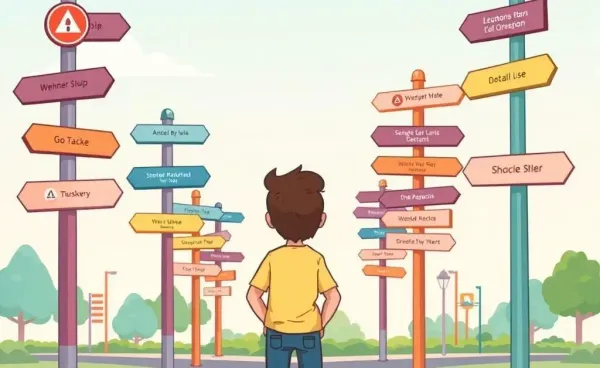Why Your Credit Score Might Take a Hit: Common Causes and Solutions
Discover why credit scores drop and learn practical ways to improve yours.
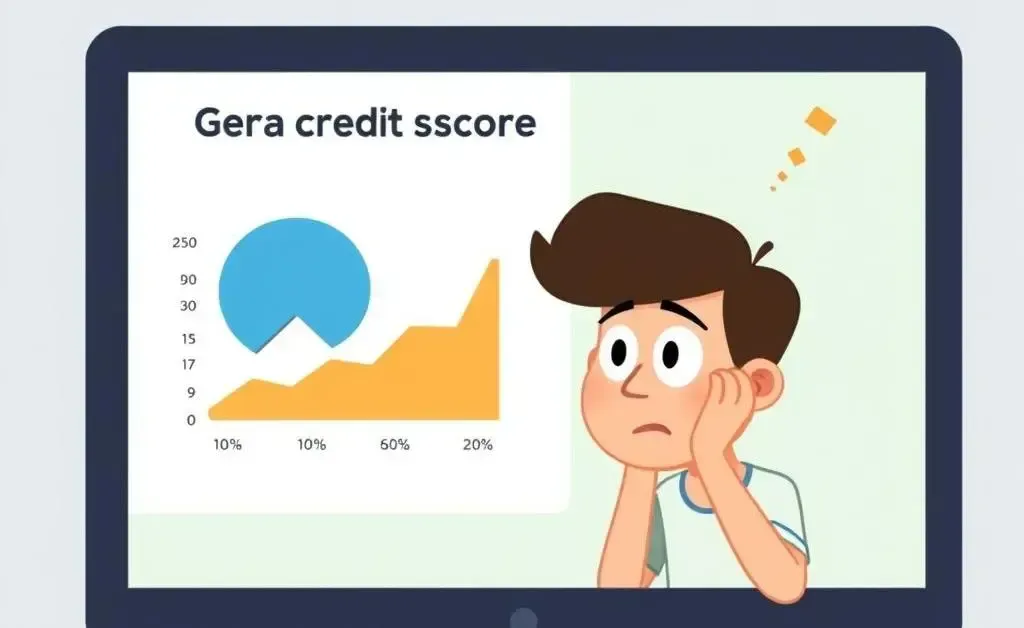
Ever had that moment of panic when your credit score suddenly plummets? You're not alone! I've been there too, staring at my computer screen, trying to figure out what went wrong. Credit scores can be elusive numbers, fluctuating wildly with seemingly no explanation at times. But fear not—let's unravel the mystery together!
Why Did My Credit Score Drop?
Your credit score can dip for a variety of reasons, often related to credit utilization and payment history. One major culprit can be unexpected changes in your credit card usage. Credit utilization—how much of your available credit you're using—plays a significant role in determining your score. If you're maxing out your cards or even approaching their limits, it can cause your score to take a hit.
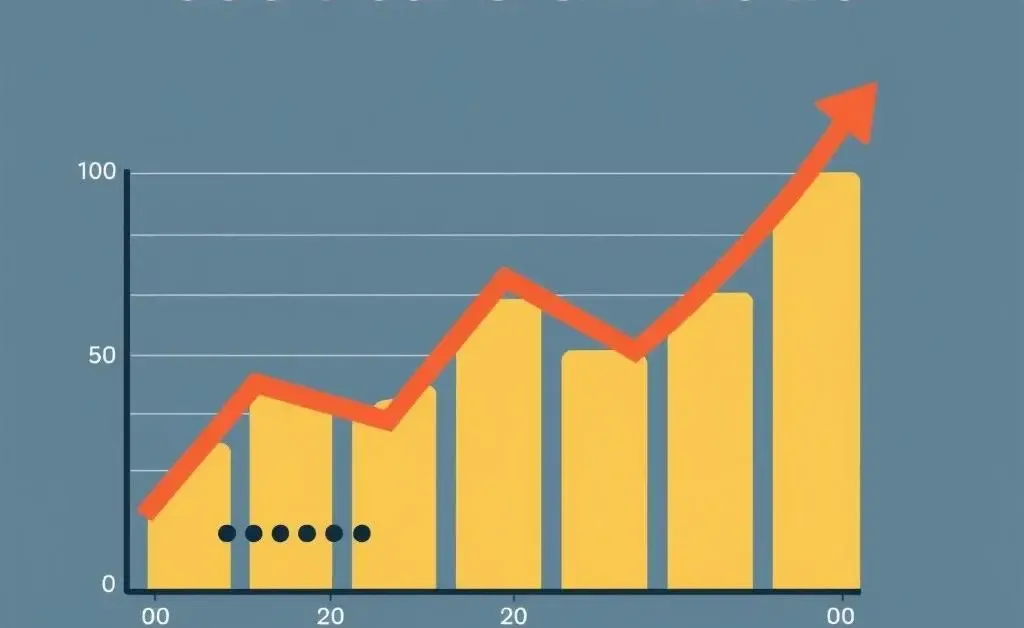
Understanding Your Credit History
Your credit history influences your score as well. Missed payments, even just one, can have a significant impact. If you’ve forgotten to pay a bill here or there, or perhaps had a financial hiccup, it may be the cause of your recent score drop.
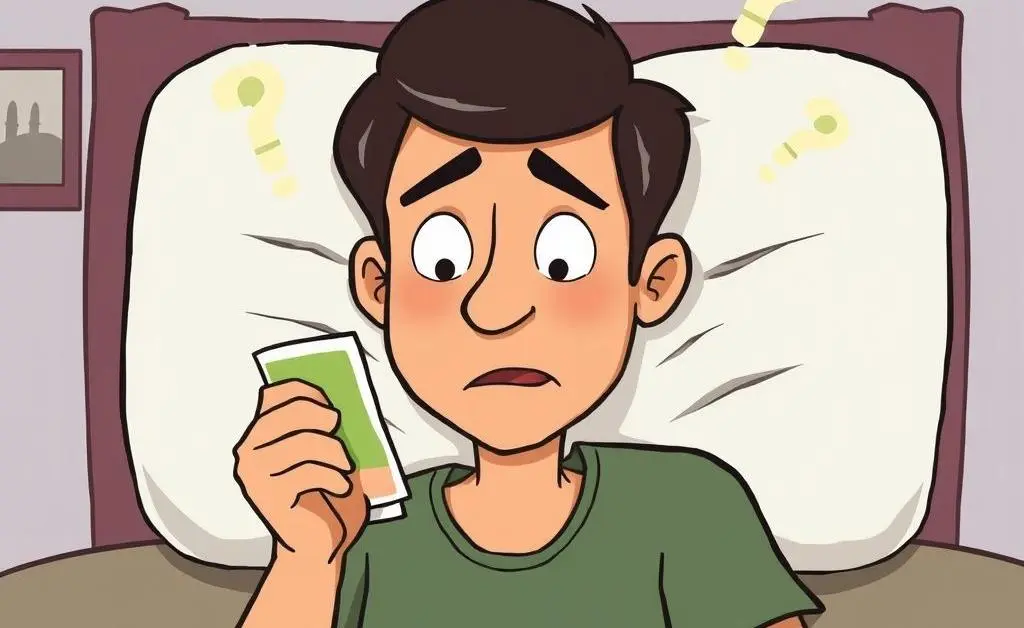
Beyond utilization and payment history, recent hard inquiries—such as applying for loans or new credit cards—can also contribute to a decline. Each hard inquiry can knock a few points off your score, which can add up.
Steps to Rebuild Your Credit Score
Good news: credit scores can be repaired and improved over time! Start by getting organized. Make sure bills are paid on time, and aim to pay off any outstanding debts. Even setting up autopay can help if you're a bit forgetful, like I sometimes am!
It’s also wise to think about a budget restructuring you can follow. Bringing down your credit utilization ratio is key—ideally keeping it under 30%. This strategy is one of the quickest ways to show improvement.
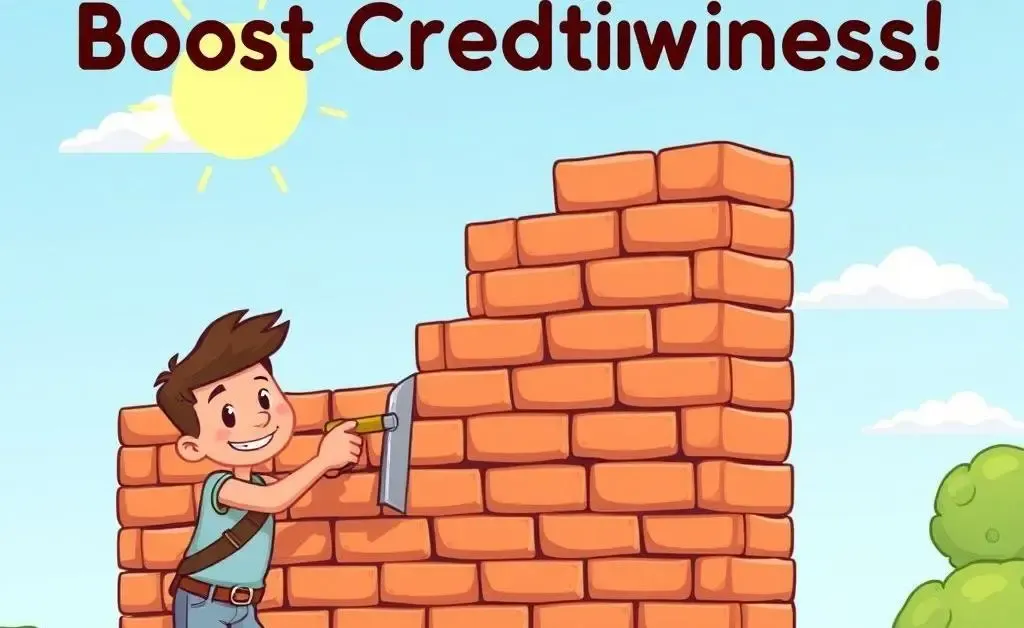
Monitoring and Educating Yourself
Another actionable step is regularly checking your credit report for errors. You'd be surprised at how often inaccuracies can lead to unexpected score changes. Keep learning about financial literacy—understanding how credit works will empower you to make informed decisions moving forward.
So, next time your credit score takes you by surprise, don't worry—there's always something you can do to bounce back. Have you experienced a similar drop in your credit score? Share your story and solutions in the comments below!


